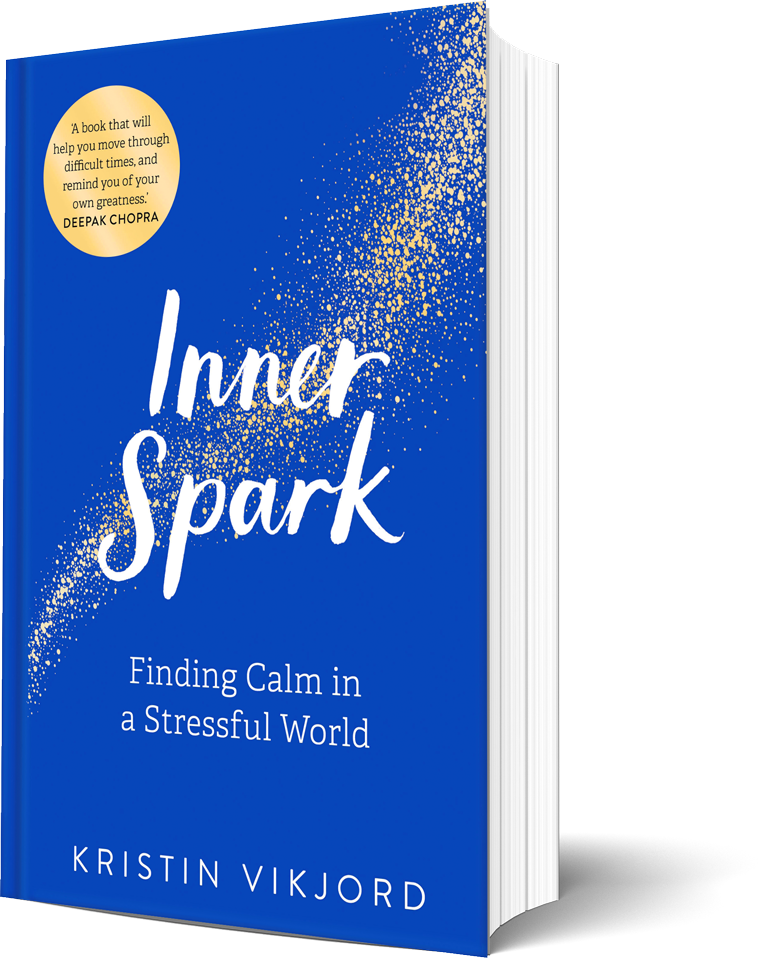29 Oct Miles Neale
So happy to present the next Expert Interview to you guys, with Dr. Miles Neale. He has a book out, Gradual Awakening (Sounds True). And, I’m very excited to announce that he is coming to Amsterdam and Delight Yoga in beginning of December, where we’ll be teaching a workshop together. Read here for to register, and more details.
Herewith the interview with Dr. Miles Neale:
-
What does yoga/ wisdom teachings mean to you?
Yoga is an ancient method for working with our mind or consciousness, which is the source of both human suffering and liberation. As such, I often remind myself and my students that mind is the single most powerful resource on the planet, as it’s the main determining factor in making us miserable or happy. The Yoga Sutras defines yoga as the settling of the mind so that it can disidentify from afflictive states and recognize its pure nature. So for me, yoga is a path of self-discovery, a journey of recognizing who we really are and what we are here in this life to really do.
-
When did you start yoga and how has this changed, evolved since you started?
I began the physical aspect of yoga with the Bikram yoga method in 2004 then moved to Mysore style Ashtanga yoga. Prior to this I had a much longer standing Buddhist practice since 1996, which is similarly focused on refining consciousness for wellbeing and liberation. Both Bikram and Ashtanga involve intense physical practices that demand a high level of self-discipline. After several years I began to recognize that the motivation and energy I was bringing to the practice was very subtly competitive and aggressive, bordering on self-denying. I was pushing myself too hard. Later I transitioned to a much less intense Vinyasa flow with my wife Emily as my main teacher and I began to soften and relax my approach a bit. I started taking the practice less seriously and with much more playfulness and as a result more enjoyment.
When I had my first son Bodhi in 2014, I gave up the physical postures of yoga and started distance running instead but continued with this relaxed attitude. I maintained my daily mediation practice throughout. I rarely miss a day of practice, but it’s no longer with a militaristic or masculine push. No longer one speed, all or nothing. Now there is more self-awareness and self-care. I can discern what my body needs, where my edge is, and how to have flexibility with my regime based on what is happening inside me from day to day. Rather than self-denial in the service of pushing myself beyond my limits, I can now exercise recognition and choice, two life-changing skills afforded by mindfulness.
-
What is your profession?
I am a Buddhist psychotherapist and meditation teacher. I see adults for one on one sessions informed by Buddhist psychology and lead workshop and retreats worldwide for those interested in spiritual development without spiritual bypassing. Spiritual bypassing is a very common tendency amongst yogis and meditators who unknowingly use profound philosophical insights and meditative practices to actually avoid traumas and emotional wounds. For example ecstatic meditative states can be used as an escape from ordinary, painful experiences just like drugs. Another example is the high ideal of always being compassionate or kind to others that can actually mask and reinforce codependency, a sense of worthlessness, fear of rejection, or self-denial learned in childhood. Spiritual bypassing is prevalent among westerners who can have so much psychological wounding as a result of industrialization and the breakdown in our family systems. There is a pervasive lack of attunement in our culture that leaves us feeling incomplete, abandoned or insignificant. We have a unique set of circumstances and psychological baggage in the modern age, which I think can sometimes be resistant or even worsened by meditative practices. So I’ve found that the integration of psychotherapy and spiritual practice can often cover the bases and lead to holistic healing where any method – yoga, meditation or psychology – alone could not.
-
How do you apply yoga in your work? What do you offer, and to whom?
I seldom teach meditative practices in my therapy session and usually save this for workshops and group trainings where it’s more time and cost effective. One of the main ways I integrate yogic or Buddhist principals into my clinical work is by creating a space to model wisdom and compassion, for a client to internalize. The compassion aspect is the ability to connect with, tolerate, and explore painful emotions, in order to decode and learn what potent messages are being conveyed by the psyche. Our usual reaction is to turn away from pain before we can learn anything about it or us. The wisdom aspect is the fearless recognition that nothing in life is fixed, no circumstance, experience or even the sense of self. As a result we can always shift a behavioral habit, an emotion, an attitude or a perspective, which can subtly or radically alter the equation of one’s life.
Most clients who come into therapy during a crisis think they are broken beyond repair, have made shame, fear and sadness their new emotional baseline and have habituated very destructive behaviors that keep them stuck in a rut. So mirroring to them that there is hope and a way forward, that it is always possible to shift into another more sane place, can provide and incredible sense or relief. What’s even more amazing is that the outer safety and refuge that therapy provides, is really just a doorway for clients to access their own inner safety and refuge, a place within each of us where we can seek shelter from confusion and access our innate potential for wisdom, compassion and self-directed evolution.
-
What is one advice you’d like to give?
Please don’t believe the misleading propaganda of our materialistic culture and era that suggests human beings are nothing more than a sack of physical mater, that our minds are simply an epiphenomenon of the brain, and that we are only here for a short time to eat, drink, produce and consume, for tomorrow we die. We are told that there will be nothing beyond death and therefore nothing that we do now really matters much. This is the most tragic, dehumanizing and dangerous worldview called nihilism. The Buddhists have been very clear for centuries that of all the worldviews, ways of seeing and relating to reality, this is the most pathological. It is the real reason why currently there is a growing economic divide, geopolitical strife and environmental degradation unlike any other period in human history. I call this our ‘sickness of paradigm’, which is the result in the West of our throwing out the baby of Spirit, with the bathwater of religion when we turned to science in the Age of Reason three hundred years ago.
My advice is for us to investigate and remember that we are all spiritual beings, everlasting and undying by nature, inhabiting a temporal material form. The consequences of our actions do matter and ripples out for eternity. We are here to discover that we are actually one with all things, and capable of loving all sentient beings and the biosphere in the same way we love our own children. There is no separation in life, we are part of one interconnected, living system. There is no ledge for us to drop into a great abyss, we come back again and again until we wake up and discover our nature. We are completely interdependent. Therefore, love heals everything.
-
Where will you be teaching, or speaking next?
I’m now leading a six week course called “Becoming Your Own Therapist” at Tibet House in New York City, which combines Buddhist wisdom and mediation along with attachment theory and the neuroscience of trauma. I want to give people the basic contemplative theories and skills of self-healing to help them navigate everyday life and relationships, which regrettably we were never taught in school. Actually if I’m honest, I need this refresher of theories and skills more than anyone, so it’s a good excuse!
In the next few months I’ll be announcing a number of events associated with the release of my forthcoming book ‘Gradual Awakening: The Tibetan Buddhist Path of Becoming Fully Human’ (Sounds True, 2018). The book tour will start late August and roll throughout the Fall and I’ll have the pleasure of connecting with communities in the US, Asia and Europe.
-
Where can we find you online?
Hope you guys enjoyed reading this, and hope to see you in our workshop!
Meanwhile, order Miles´book, and enjoy!



